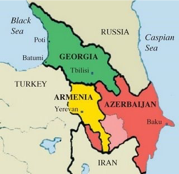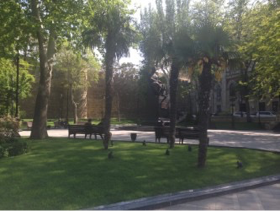Azerbaijan Architecture – a travel blog
Title Image: Flame Towers, Baku, a spectacular example of Azerbaijan architecture.
I left Malaysia, and after an 11-hour flight and a 4-hour layover in Istanbul followed by another 3-hour flight, I arrived in Azerbaijan. Although I was very tired and jet-lagged, I immediately perked up at sight of Baku, the capital.
Baku is a beautiful blend of old and new Azerbaijan architecture. It’s elegant, interesting, layered, and clean as can be. I love when a city embraces its past and allows for the present to continue and be felt.
In the title image above, the symbol of New Baku in the Flame Towers flickers over the entire city. The architect was HOK, an American worldwide design, architecture, engineering and urban planning firm.
The towers are perfectly positioned to be seen from almost any vantage point in the city. Here’s how the towers look from the old city:
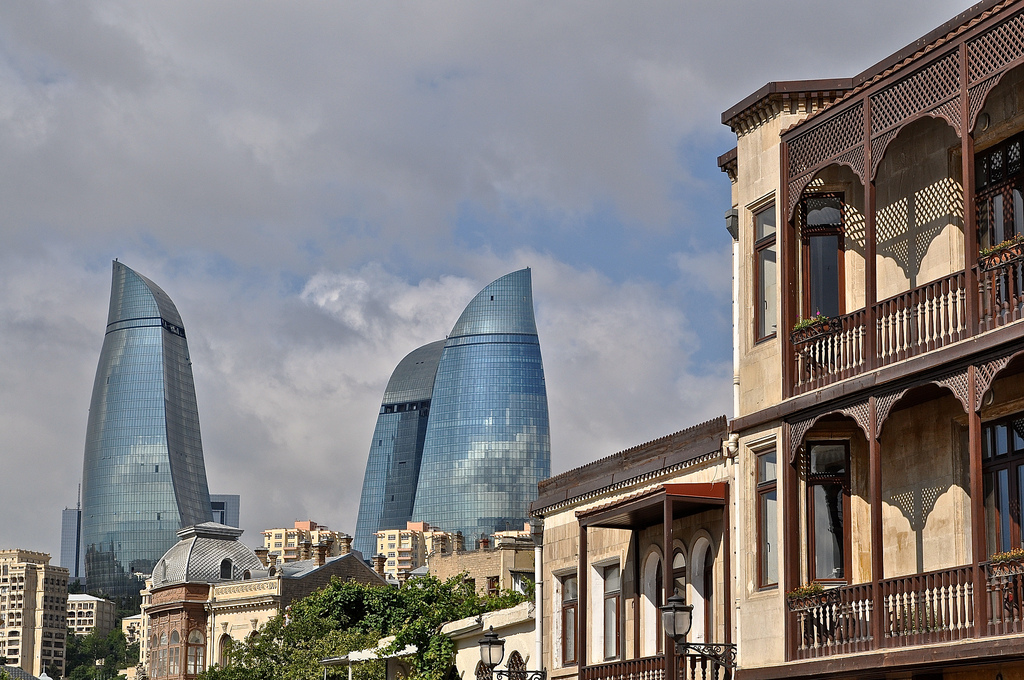
Maiden Tower, below, is at the center of the old town. The climb isn’t much of a challenge, but the views are good up top:

Baku is a harbor town on the western edge of Caspian Sea, and thus has been a center of trade for thousands of  years.
years.
The old town still has its 15th -century walls.
 Right outside these walls is a large pedestrian shopping zone, filled with exactly the shops (Zara) and eateries you would expect (yup, KFC and McDonald’s), perfect for strolling in the evening.
Right outside these walls is a large pedestrian shopping zone, filled with exactly the shops (Zara) and eateries you would expect (yup, KFC and McDonald’s), perfect for strolling in the evening.
The not-so-secret secret to Baku’s success: Azerbaijan has oil. And – I would add – a decent city planning board, one who both respects the city’s past and is willing to hire adventurous modern architects.
Baku had its first oil boom in the late 19th century. Downtown has wide boulevards and beautiful 19th-century Parisian-style buildings, thereby giving the city (part of) its elegance.

Traditional buildings have fantastic balconies:

The balconies of Baku remind me strongly of those in Tbilisi, Georgia:

To remind you of the geography of the region, here’s a map:
Tbilisi is only about 280 miles from Baku, so I figure traditional architecture with balconies is a feature of the Caucasus region.
Now, back to Baku.
The carpet museum is in the form of a rolled carpet and was designed by Austrian architect Franz Janz. The carpet displays on the interior are gorgeous.
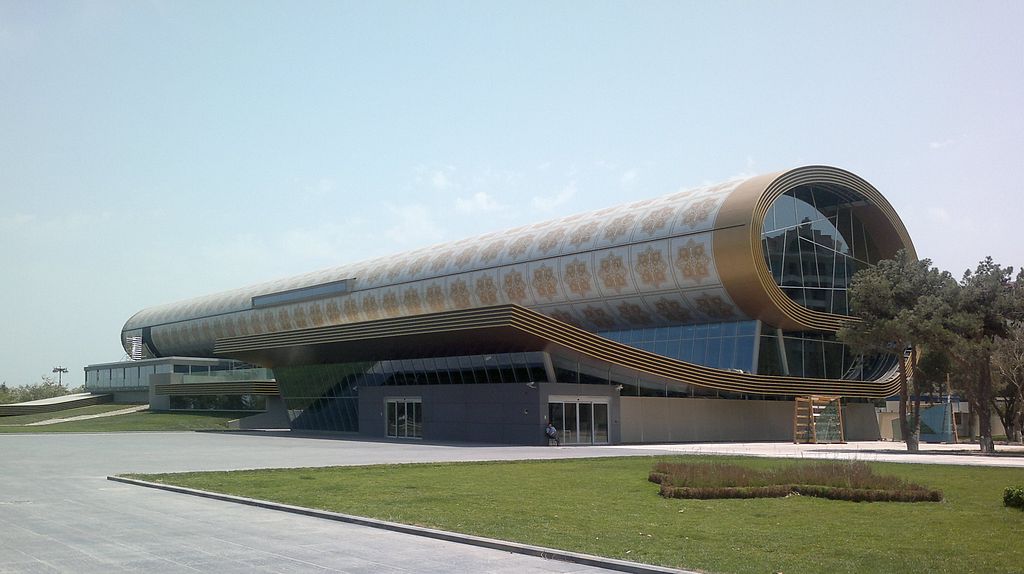
The building I was most eager to visit was Heydar Aliyev Centre designed by Iraqi-British architect Zaha Hadid.

Hadid was the first woman and the first Muslim to receive the Pritzker Architecture Prize, winning it in 2004. She received the Stirling Prize in 2010 and 2011.
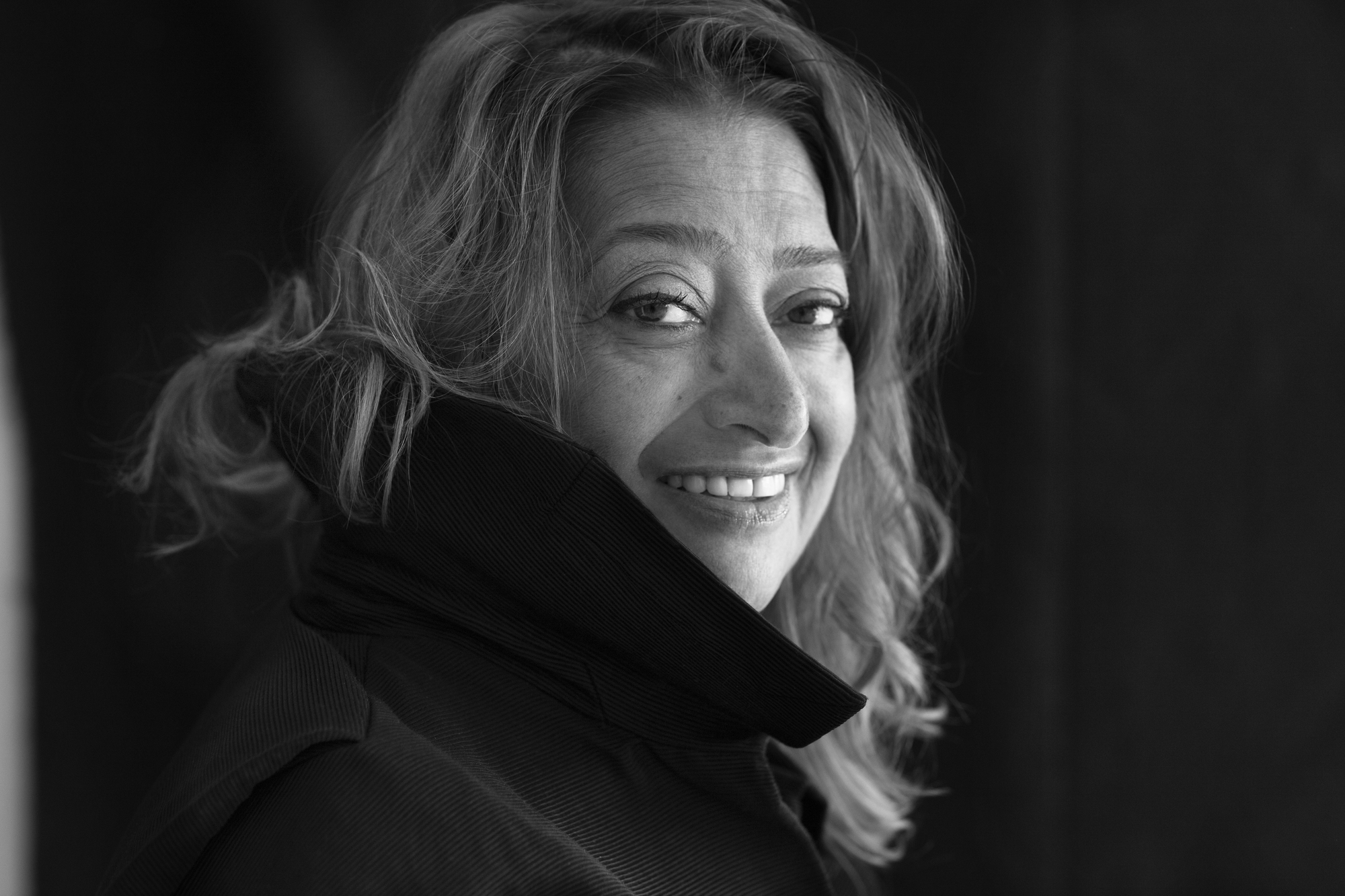
She got on my radar when she died of a heart attack on March 31st of this year in a Miami hospital where she was being treated for bronchitis. She was 65. An adequate comment is not possible. She was beautiful and talented and had more to give the world.
It is a cultural center. Here’s me inside the very sensuous building:
Baku is further enhanced by its plentiful and beautiful parks. Here again, you see the old city walls in the background.
Maybe it’s because I’m from Chicago, which pioneered the modern skyscraper, that I’m so interested in Azerbaijan architecture and urban planning. For whatever reason I’m fascinated by these subjects.
Weird twist: There’s a Trump Tower here. That’s right. It was completed in 2014, but to this day it is not open, and mention of it has disappeared from Trump’s website. Here’s a link to a story attempting to unravel the mystery.
Baku is making its bid for global relevance. Here’s the Crystal Hall built out into the bay where the Eurovision 2012 song contest was held:
Baku also held the 2015 European Olympics. In June of this year Formula 1 will hold its event in Baku. This city is only the second one, after Monaco, to have its track actually in the city.
Then there’s the 2018 Islamic Olympics as well as the 2220 European Football Championship, both to be held in Baku.
First and last, coming and going, visitors to Azerbaijan are treated to the spectacular Baku airport, designed by the Turkish studio Autoban.
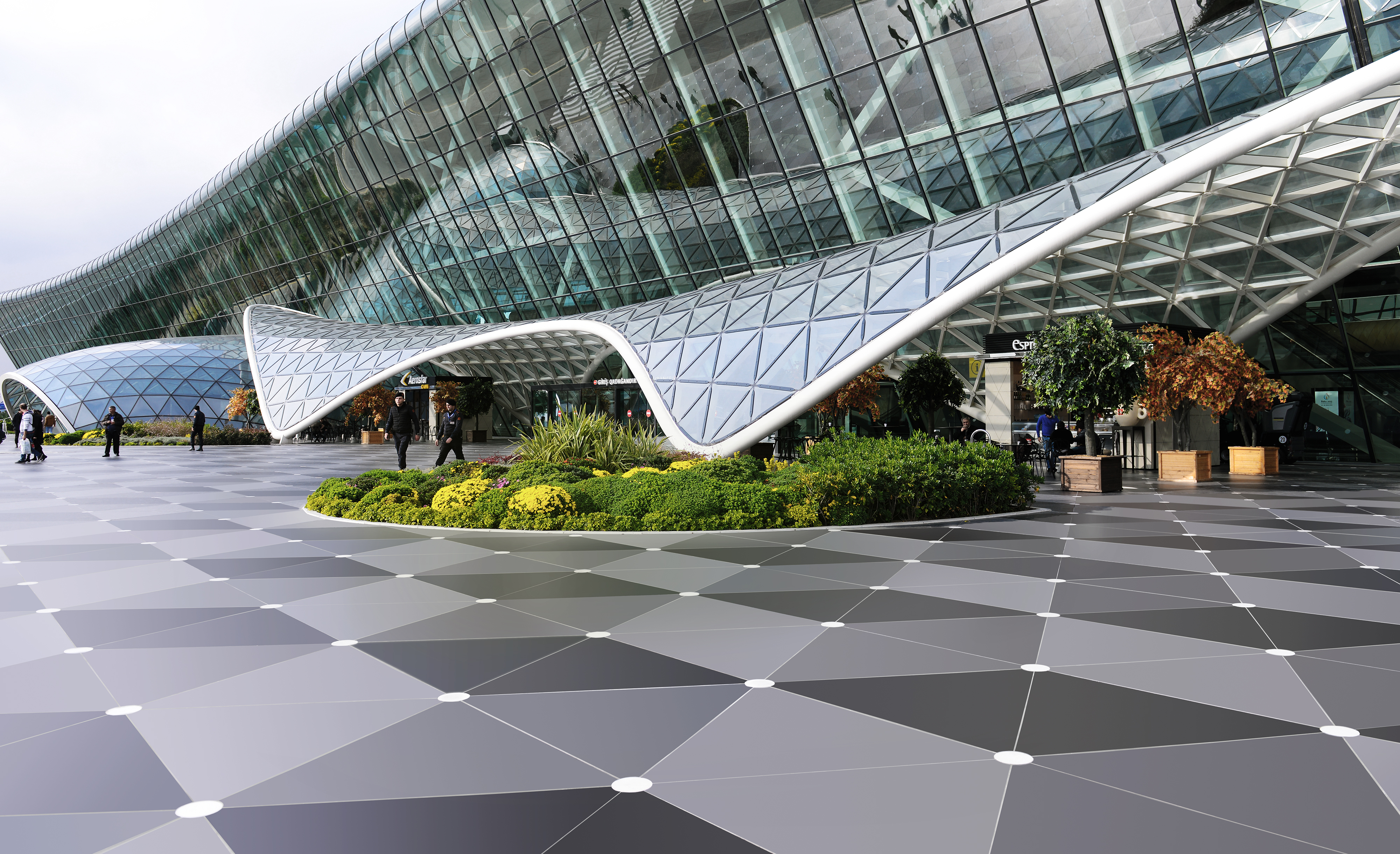
Azerbaijan architecture is a varied visual treat.
See also: All My Asia Blogs
Want More From Julie? Read her Time Slip Series:
Get the first book: The Blue Hour on Amazon Today!
Categorised in: Adventure, Central Asia
This post was written by Julie Tetel Andresen
You may also like these stories:
- google+
- comment

